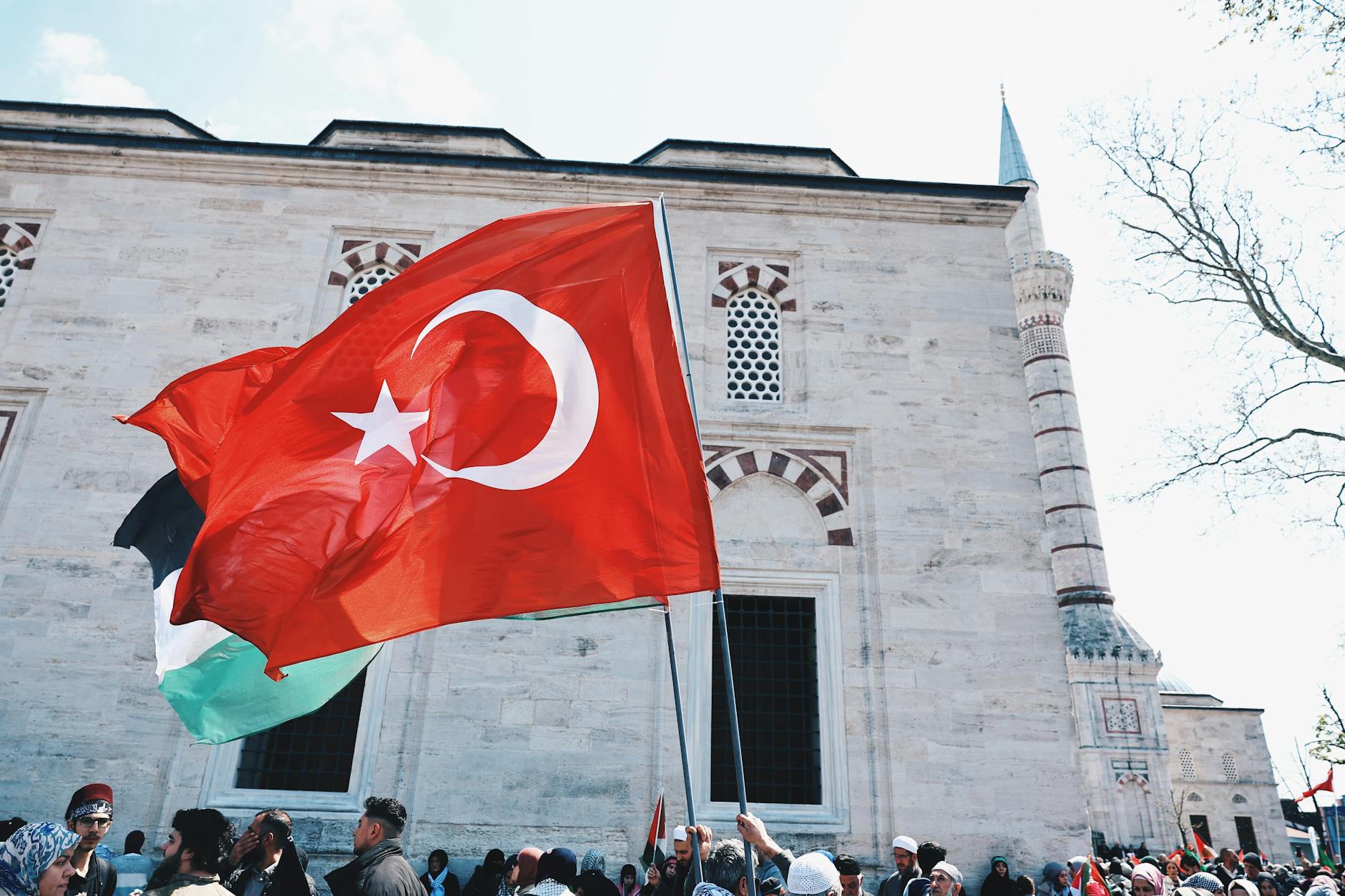Gaza City Faces Ground Operations as Israel Initiates First Stage of Assault
Amidst escalating conflict, Israel launches ground operations in Gaza City, marking a significant shift in the ongoing hostilities.
A Brief Introduction On The Subject Matter That Is Relevant And Engaging
The situation in Gaza has reached a critical juncture as Israeli forces have commenced the first stage of a planned ground assault on Gaza City. This development marks a significant escalation in the ongoing conflict, shifting from aerial bombardments to direct ground engagement within the densely populated urban center. The implications of this military operation are far-reaching, impacting civilians within Gaza, the broader regional geopolitical landscape, and international efforts toward de-escalation and humanitarian aid.
Background and Context To Help The Reader Understand What It Means For Who Is Affected
The current military action follows a period of intense Israeli airstrikes in response to attacks. The Israeli government has stated that its objective is to dismantle Hamas’s military infrastructure and capabilities. Gaza City, as the largest urban area in the Gaza Strip, is the administrative and economic heart of the territory and is believed by Israel to be a major hub for Hamas operations. The densely populated nature of Gaza City means that any ground operations carry a significant risk to civilian lives and infrastructure. Reports indicate that tens of thousands of Israeli reservists have been called up, signaling a substantial commitment of resources to this phase of the conflict.
For the approximately 2.3 million residents of Gaza, this marks a period of extreme danger and uncertainty. Many have already been displaced by earlier airstrikes and are facing dire humanitarian conditions, including shortages of food, water, medical supplies, and shelter. The commencement of ground operations is expected to exacerbate these challenges, potentially leading to increased civilian casualties and further displacement.
In Depth Analysis Of The Broader Implications And Impact
The entry of Israeli ground forces into Gaza City has profound implications beyond the immediate battlefield. On a humanitarian level, the risk of civilian casualties and a deepening humanitarian crisis is immense. International organizations have repeatedly warned about the potential consequences of urban warfare in such a densely populated area, emphasizing the need for civilian protection and unimpeded access for humanitarian aid. The destruction of infrastructure, including hospitals, homes, and vital services, could have long-lasting effects on the lives of Gazans.
Geopolitically, this escalation could further destabilize the region. Neighboring countries and international powers are closely monitoring the situation, with concerns about the potential for the conflict to widen. The diplomatic efforts aimed at de-escalation and achieving a ceasefire are likely to face increased complexity. The success or failure of this ground operation will undoubtedly influence regional power dynamics and the ongoing Israeli-Palestinian conflict for the foreseeable future.
Furthermore, the operation raises significant questions about the protection of civilians and adherence to international humanitarian law. The strategies employed by both sides will be scrutinized, and the impact on civilian populations will be a key point of international discussion and potential legal review.
Key Takeaways
- Israel has initiated the first stage of a planned ground assault on Gaza City.
- This marks a significant escalation from aerial bombardments to urban ground warfare.
- Gaza City is a densely populated area, raising grave concerns for civilian safety and humanitarian conditions.
- The operation has broad geopolitical implications for regional stability and international relations.
- International humanitarian law and the protection of civilians are central concerns in the context of this operation.
What To Expect As A Result And Why It Matters
As Israeli ground forces advance into Gaza City, several outcomes are plausible. A prolonged and intense urban conflict could lead to significant destruction and a further deterioration of the humanitarian situation. Civilian casualties are expected to rise, and the displacement of people will likely increase, straining already limited resources. The international community’s response will be crucial, with potential for increased diplomatic pressure and humanitarian interventions.
This development matters because it represents a critical turning point in the current hostilities. The conduct and outcome of these ground operations will shape the immediate future for millions of people and influence the long-term trajectory of the Israeli-Palestinian conflict. It will also test the international community’s ability to uphold humanitarian principles and facilitate peaceful resolutions in conflict zones.
Advice and Alerts
For individuals in the region, it is imperative to stay informed through reliable news sources and follow any directives issued by local authorities or international aid organizations regarding safety and movement. Access to essential supplies such as clean water, food, and medical provisions remains a critical concern. International organizations are working to deliver humanitarian aid, but access and distribution remain challenging amid the ongoing hostilities. Those outside the conflict zone are encouraged to seek information from reputable humanitarian organizations and to be aware of the humanitarian needs on the ground.
Annotations Featuring Links To Various Official References Regarding The Information Provided
- United Nations peacekeeping operations – Information on UN efforts in conflict zones.
- International Committee of the Red Cross (ICRC) in Israel and Palestine – Humanitarian efforts and legal protections.
- Amnesty International statement on civilian protection – Calls for adherence to international humanitarian law.
- BBC News report on Gaza ground operations – Developing news and on-the-ground reporting.
- Al Jazeera report on Gaza ground operations – In-depth coverage and analysis of the evolving situation.


Leave a Reply
You must be logged in to post a comment.